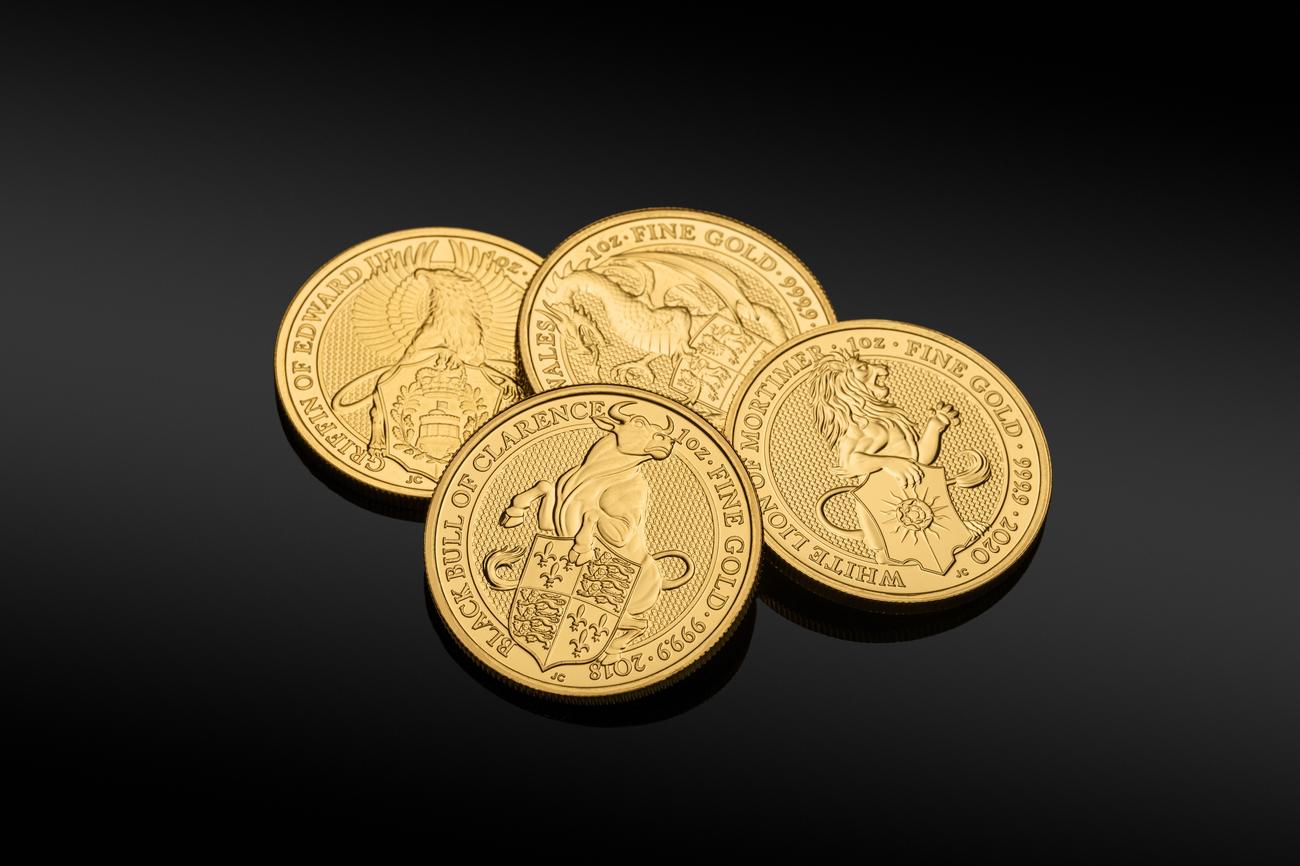Discover the hidden treasures of biblical wisdom as we embark on a journey through the ancient texts to unravel the mysteries surrounding silver. In the quest to understand what the Bible truly says about this precious metal, we delve into its symbolic significance and practical applications, shedding light on its role in ancient society and its relevance in our modern lives. Join us as we uncover the rich tapestry of Biblical Perspectives on Silver: Revealing the Truth.

What Does the Bible Say About Silver?
When exploring the biblical perspective on silver, we uncover fascinating insights into its symbolism and significance. Several verses shed light on silver’s attributes, ranging from its purity to its association with wealth and refinement. Let’s delve into these passages and unravel the truth about silver according to the Bible.
One verse that stands out is Psalms 12:6, which compares the words of the Lord to pure silver refined seven times. Here, silver serves as a metaphor for the divine wisdom of God. Just as silver is purified through a meticulous process, God’s teachings are untainted and flawless. This analogy emphasizes the value and unimpeachable nature of God’s word.
Another noteworthy verse is Proverbs 25:4, which advises us to remove impurities from silver in order to create a fine vessel. In this context, silver represents human character. Just as impurities tarnish silver, allowing it to lose its shine and strength, character flaws and moral impurities hinder our growth and potential. By striving for purity, we can cultivate a virtuous and noble nature, much like a vessel crafted from refined silver.
In the time of King Solomon, silver held great importance, symbolizing wealth, prosperity, and abundance. 1 Kings 10:22 and 2 Chronicles 9:20 portray the opulence and international trade of King Solomon, who possessed ships that brought gold, silver, ivory, apes, and peacocks. The mention of silver in these passages signifies the economic significance and prosperity associated with it during that era.
Throughout these verses, a consistent theme emerges: the purity, refinement, and value of silver. It serves both as a symbol of divine wisdom and a representation of wealth and prosperity. The Bible encourages us to strive for the purity of character and offers silver as a metaphorical framework for understanding these concepts.
In conclusion, when contemplating the biblical perspective on silver, we are reminded of its symbolic importance in relation to purity, refinement, and prosperity. As we seek to understand and incorporate these teachings into our lives, we are encouraged to embrace the metaphorical qualities of silver and strive for purity in both our character and our pursuit of wisdom.
“Just as silver is purified through a meticulous process, God’s teachings are untainted and flawless.”
Looking to discover some fascinating facts about silver? Look no further! We’ve compiled a list of five intriguing tidbits about this precious metal that you may not know. So, get ready to be amazed by the versatility and value of silver. Check out our article on “5 interesting facts about silver” to uncover the mysteries of this shining element. Just click here to embark on an enlightening journey into the world of silver.

FAQ
Q: What is the significance of silver in the Bible?
A: Silver holds great significance in the Bible. In Psalms 12:6, the words of the Lord are compared to pure silver that has been refined seven times. This signifies the purity and value of divine teachings. Additionally, Proverbs 25:4 advises the removal of impurities from silver to create a fine vessel, emphasizing the importance of purifying our hearts and lives. The abundance of silver mentioned in 1 Kings 10:22 and 2 Chronicles 9:20 highlights the wealth and trade of King Solomon, showcasing the material prosperity associated with silver in biblical times.
Q: How does the Bible view the refinement of silver?
A: The Bible often uses the metaphor of refining silver to illustrate the process of purifying and transforming individuals. Psalms 12:6 describes the words of the Lord as silver refined seven times, symbolizing their purity and perfection. This suggests that God’s teachings are flawless and can refine and purify believers. Just as impurities are removed from silver to make it valuable, the Bible encourages the removal of impurities from our lives through repentance and obedience to God’s word.
Q: What can we learn from the abundance of silver mentioned in the Bible?
A: The abundance of silver mentioned in the Bible, particularly in the context of King Solomon’s wealth, serves as a reminder of God’s blessings and provision. The mention of ships bringing gold, silver, ivory, apes, and peacocks in 1 Kings 10:22 and 2 Chronicles 9:20 showcases the material success and prosperity that can be obtained through God’s favor. However, it is essential to remember that true wealth comes from a relationship with God and the adherence to His principles, rather than the accumulation of material possessions.
Q: How does the Bible encourage the removal of impurities in our lives?
A: The Bible encourages the removal of impurities in our lives through various teachings and principles. Proverbs 25:4 advises the removal of impurities from silver to create a fine vessel. Similarly, believers are called to purify their hearts and minds, removing sinful thoughts and actions that hinder their relationship with God. This can be achieved through confession, repentance, and the guidance of the Holy Spirit. By embracing God’s teachings and allowing His transformative power to work in their lives, individuals can strive for moral and spiritual purity.
Q: How can the biblical perspective on silver guide our understanding of material wealth?
A: The biblical perspective on silver teaches us that material wealth, though not inherently evil, should not be the sole focus of our lives. King Solomon’s abundance of gold and silver serves as a reminder of God’s blessings, but it also highlights the potential dangers of wealth when it becomes the ultimate pursuit. The Bible encourages believers to prioritize their relationship with God above material possessions and to use their resources for the benefit of others. By seeking God’s wisdom and guidance in managing wealth, individuals can align their priorities with biblical principles.









